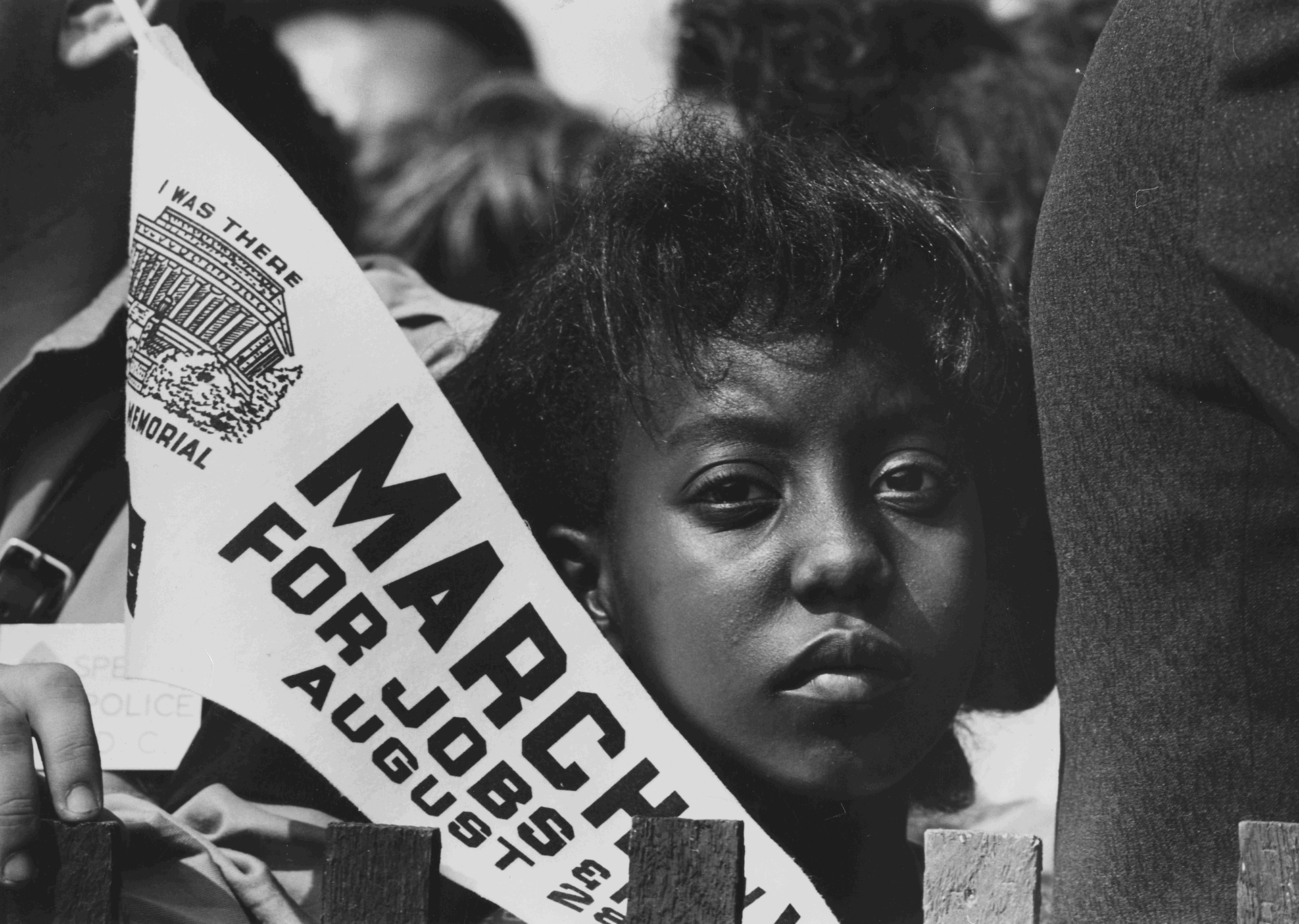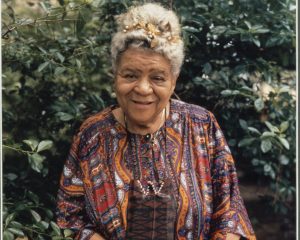Jacob Bueter
Abstract
The following paper gives a description of the Boston Busing crisis an issue that was surrounded by racial tension and legal action. The crisis began when black parents and students became unsatisfied with the quality of education they were receiving at predominately black schools. In response black activists set up busing systems to get black students to areas of Boston where they would receive a quality education. The NAACP sued the Boston public school system for racial segregation and in 1974 Judge Garrity ruled that the segregation of black students from white students was in violation of the Brown V. Board decision. This paper looks at the racial tension in Boston following Judge Garrity’s decision, specifically focusing on how white protestors used the facade of busing to front an anti desegregation platform. This paper also examines how Boston legislators contributed to the political climate at the time of the crisis.
Brian Chen
Abstract
This essay examines the effect of the 228 incident and how it was perceived before and after the martial law in Taiwan. The essay shows how the 228 incident contributed to the formation of the Taiwanese identity, the restrictions on the freedom of speech, and then led to the democratization of Taiwan. Throughout the essay, it analyzes the long-term conflict between the local Taiwanese and the Mainland Chinese that has been around since the Nationalist Chinese government ruled Taiwan. The segregation of Taiwanese and Mainland Chinese and oppressions on the Taiwanese has contributed a lot to the lift of martial law in Taiwan when it was finally democratized. Although it can be inferred that the effects of the 228 incident was a direct result of the Nationalist Chinese government’s ruling, it could also be contributed by the complicated history of Taiwan. The cause and effect of the 228 incident has possessed a significant role in shaping the Taiwanese society before and even after the martial law was lifted.
Asha Beasley
Abstract
Music has always had a noteworthy influence on social movements. It can represent the issues of the movement and the songs can, as a result, become a type of anthem of the movement and the time period. The Civil Rights Movement is no stranger to this phenomenon, as many black artists during the 1960s and 1970s found their audience through the movement and the yearning for black liberation. This essay will therefore analyze the career of singer Nina Simone, who dedicated her talents to singing about black struggles in both the North and South, as well as having an active role in the movement as well. Later in her life, Nina Simone stated that her involvement with the movement and her increasingly radicalized beliefs were the reason that her career ended as quickly as it did. Essentially, she believed that she had been blackballed by the rest of the music industry simply because she had opinions. Through a deep reading of the lyrics to her protest songs “Mississippi Goddam” and “Backlash Blues,” this essay will analyze not only Nina Simone’s influence, but also her analysis and criticisms of racist America throughout the 1960s.

